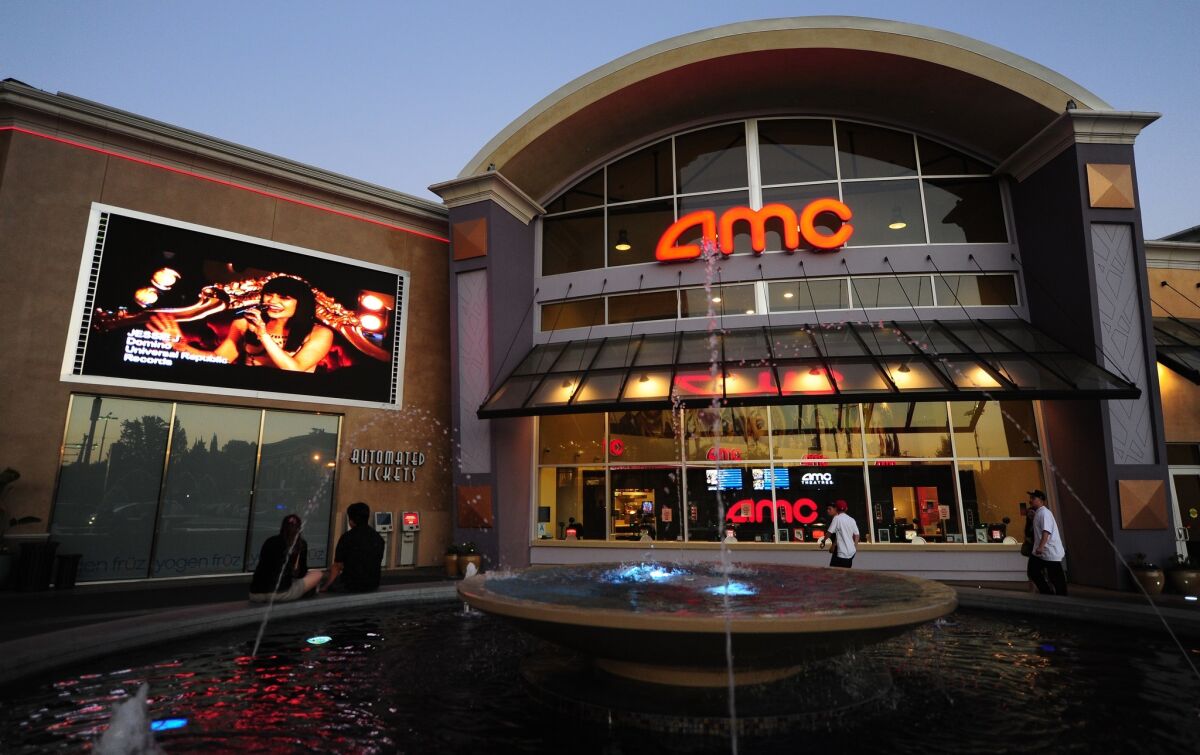Understanding the Challenges Faced by Movie Theaters Today
Movie theaters have long been a cornerstone of the entertainment industry, offering audiences a unique and immersive experience that cannot be replicated at home. However, in recent years, movie theaters have been encountering significant challenges that threaten their traditional business model.
The Rise of Streaming Services and Home Entertainment
One of the most pressing challenges faced by movie theaters today is the increasing popularity of streaming services and the rise of sophisticated home entertainment systems. With platforms like Netflix, Amazon Prime, and Disney+ releasing high-quality original content directly to viewers’ homes, the allure of going to a movie theater has diminished for many consumers.
Social Distancing Measures and Health Concerns
Another major hurdle for movie theaters is the impact of social distancing measures and ongoing health concerns. The COVID-19 pandemic forced theaters to close their doors temporarily, leading to financial losses and uncertainty about the future. Even as theaters have reopened, some moviegoers remain hesitant to return due to lingering concerns about crowded indoor spaces.
The Need for Innovation and Adaptation
To navigate these challenges, movie theaters must focus on innovation and adaptation. The industry is exploring options such as offering premium experiences like luxury seating, gourmet dining, and interactive technologies to entice audiences back to cinemas. Additionally, strategic partnerships with streaming platforms or incorporating virtual reality experiences into movie screenings could help theaters stay relevant in a rapidly changing landscape.
The Specific Reasons This Theater Faced Eviction
When a theater faces the distressing prospect of eviction, it’s usually the culmination of multiple factors converging to create a perfect storm of financial instability and operational challenges. In the case of this specific theater, several key reasons led to the unfortunate eviction notice.
First and foremost, dwindling audience numbers have become a prevalent issue, with changing entertainment trends and preferences shifting away from traditional theater experiences. This decline in ticket sales directly impacts the theater’s revenue stream, making it increasingly challenging to cover operational costs such as rent and staff salaries.
Moreover, the competitive landscape of the entertainment industry plays a crucial role. The theater may struggle to secure high-demand shows or attract renowned performers, leading to a lack of star power that draws audiences. Without a compelling lineup of performances, the theater fails to differentiate itself in a crowded market, further exacerbating its financial woes.
Operational mismanagement or outdated business practices could also contribute to the theater’s eviction. Inefficient processes, ineffective marketing strategies, or failure to adapt to digital platforms for ticket sales and promotions can hinder its ability to stay afloat in a rapidly evolving industry.
Lastly, external economic factors like rising rent prices in the area or a general downturn in disposable income among the target audience can add significant pressure on the theater’s financial health, pushing it towards the brink of eviction.
In conclusion, the specific reasons behind the eviction of this theater are multifaceted and interconnected, highlighting the importance of staying innovative, responsive to market changes, and financially prudent in the ever-evolving landscape of the entertainment industry.
Community Reactions to the Eviction Threat
Discover the varied responses within the community amidst the looming eviction threat. From outrage to solidarity, emotions run high as individuals and groups unite to find solutions and support those at risk. Stay informed about the evolving sentiments and the impact of this threat on the community’s social fabric.




